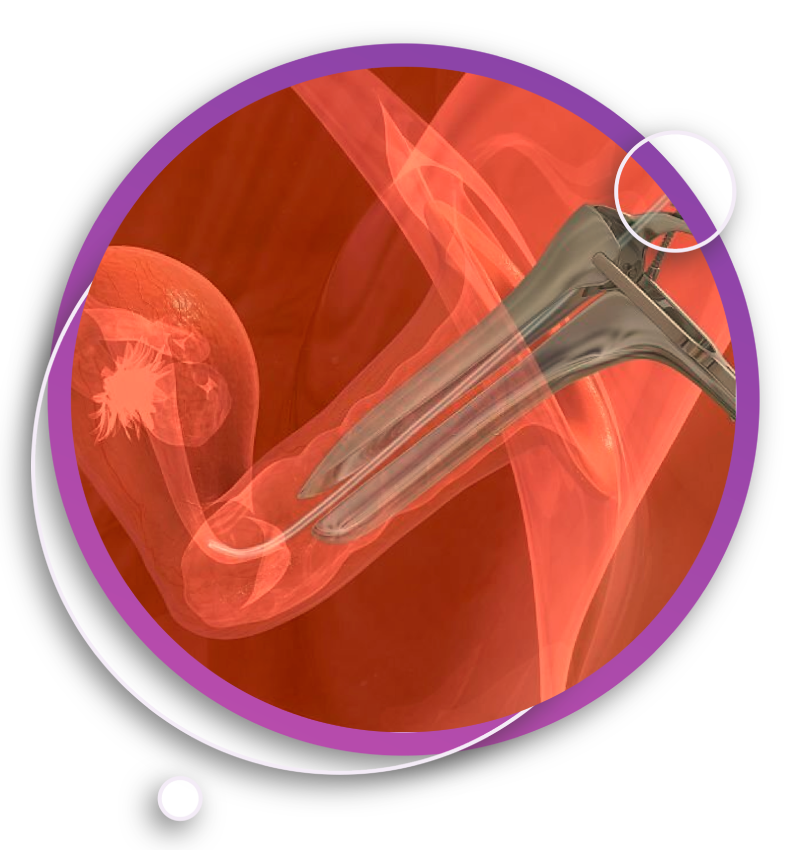
Embryo transfer is an essential stage of the embryo transfer process that involves the transfer of the cultured or developed embryo into the uterus in hopes of a successful pregnancy.
Simply put, an embryo transfer is a process that involves taking the most healthy and strong embryo out of the fertilisation process and implanting it into the uterine wall as a part of the IVF process. Embryo transfer is often a crucial part of the in vitro fertilisation cycle, as the chance of conception heavily relies upon how the embryo successfully plants into the uterus, thus making way for pregnancy. Often the couples who opt for this procedure are those who are experiencing obstacles in conceiving naturally, largely in part due to factors influencing male and female infertility.
At Rhea IVF & Women’s Hospital, we have world-class facilities in place along with skilled and experienced professionals in our team to ensure safe and successful outcomes of this process. Under the guidance of our expert surgeon, Dr.K. Shanmugavadivu, this process will be thoroughly monitored and coordinated, to ensure the best possible results along with ensuring patient well-being and safety.
Couples who are experiencing the following problems or conditions are likely to opt for embryo transfer.
Though these problems may sound rare, they are more common than you think. Thanks to embryo transfer, couples have been able to overcome the problems posed by infertility and conceive through a healthier option that is just as quick as it is effective.
These are the types of embryo transfer:
Besides the above-mentioned benefits, embryo transfer comes with a range of benefits that precede the benefits that can be found in other forms of assisted reproductive technology. These include:
Besides the above-mentioned benefits that come with embryo transfer, Rhea IVF and Women’s Hospital possess the right facilities and the right doctors to guide and facilitate you through this process in the most effective way possible.
